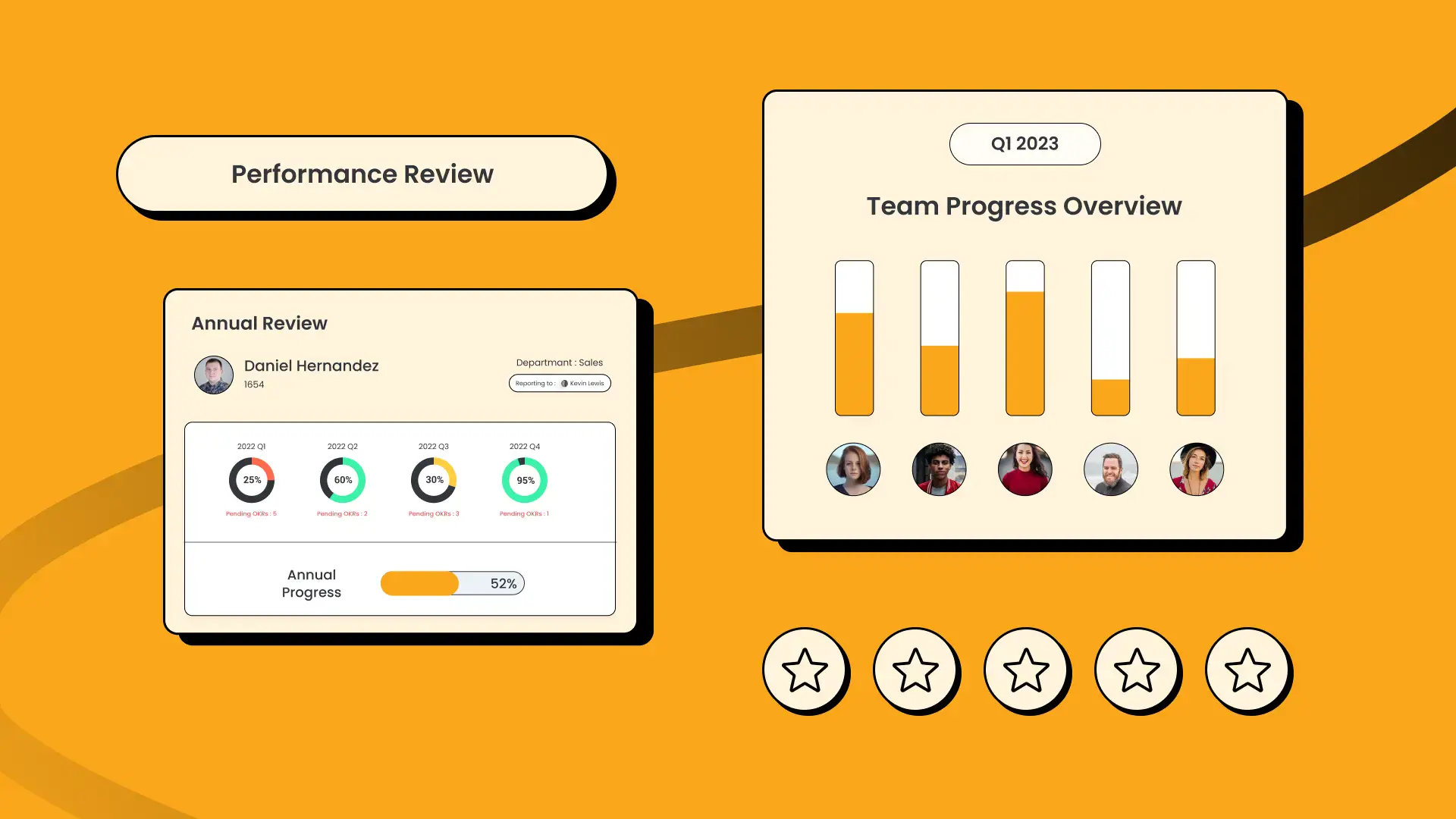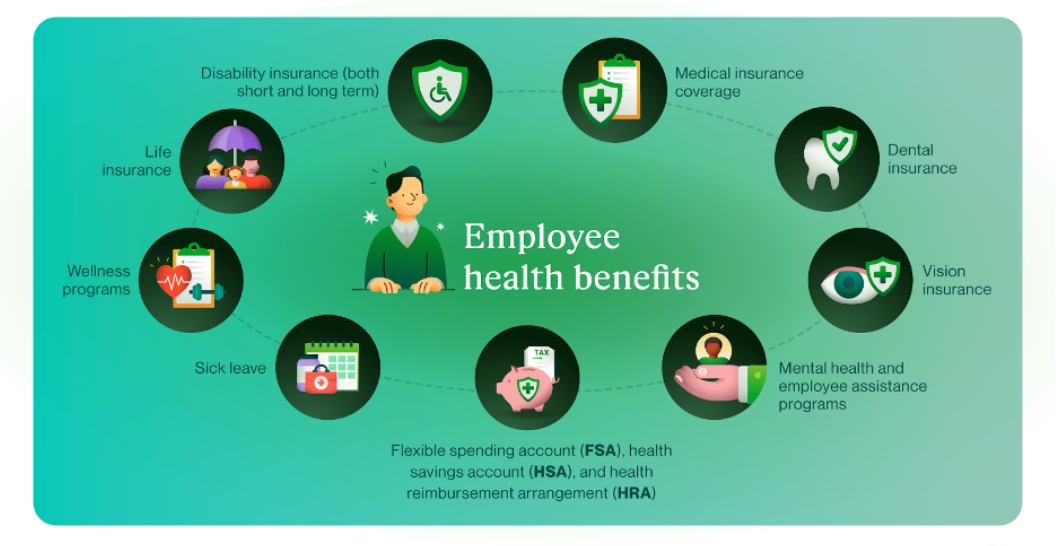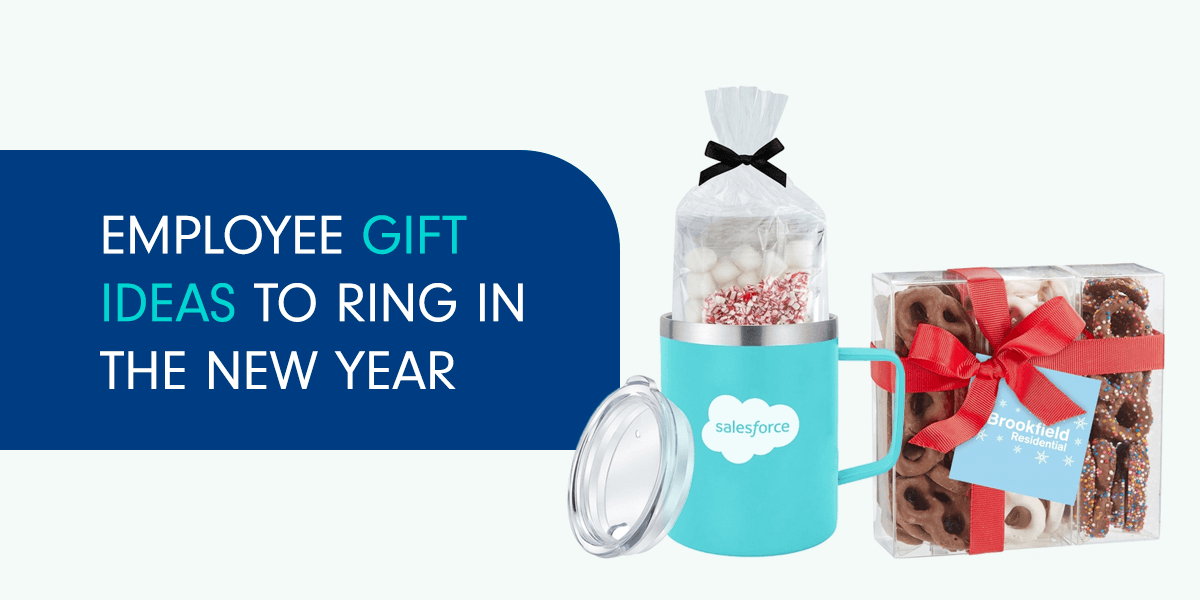
Why Employee Reward Systems Matter
An employee reward system is more than just a tool for offering financial incentives. It’s about creating a culture where employees feel valued, appreciated, and motivated to achieve their best. Here’s why reward systems are crucial:
- Increased Motivation: Rewarding employees for their hard work encourages them to maintain high performance.
- Higher Job Satisfaction: Employees are more satisfied with their jobs when they feel recognized for their contributions.
- Reduced Turnover: A strong reward system helps retain talent by creating a positive work environment.
- Improved Engagement: Recognition and rewards foster stronger connections between employees and the company.
Top Employee Reward Systems to Consider
To help you build an effective employee reward system, here’s a comparison chart of the top reward programs that companies can implement:
| Reward System | Key Features | Best For | Benefits |
|---|---|---|---|
| Monetary Bonuses | Cash rewards, performance-based bonuses | High-performing teams | Immediate financial rewards |
| Gift Cards | Vouchers for popular stores, experiences, or dining | Small to medium-sized companies | Flexibility and customization |
| Employee Recognition Programs | Awards, public acknowledgments, peer-to-peer recognition | All company sizes | Builds a culture of appreciation |
| Wellness Programs | Gym memberships, mental health support, wellness challenges | Health-conscious employees | Boosts well-being and work-life balance |
| Stock Options & Profit Sharing | Shares in the company, percentage of profits | Employees in leadership roles | Long-term financial growth |
| Professional Development Opportunities | Training programs, mentorships, certifications | Employees seeking career growth | Skill development and career advancement |
Key Benefits of Employee Reward Systems
Implementing the right employee reward system offers several advantages:
- Enhanced Productivity: Recognizing efforts motivates employees to maintain or improve their performance.
- Positive Company Culture: When employees feel valued, they are more likely to contribute positively to the work environment.
- Talent Retention: A strong reward system reduces employee turnover and fosters long-term loyalty.
- Employee Engagement: Reward systems encourage employees to stay connected to company goals and values, driving overall engagement.
How to Design the Perfect Employee Reward System
To build an employee reward system that aligns with your company’s goals, follow these steps:
- Understand Employee Needs: Take time to understand what motivates your employees—whether it’s financial rewards, recognition, or opportunities for growth.
- Offer a Mix of Rewards: A balanced system that includes both tangible (bonuses, gift cards) and intangible rewards (praise, career opportunities) can appeal to a wide range of employees.
- Ensure Transparency: Set clear performance metrics and communicate how employees can earn rewards.
- Measure Effectiveness: Regularly assess the impact of your reward system on employee satisfaction, productivity, and retention.
Case Study: How Employee Reward Systems Improve Engagement at XYZ Corp.
XYZ Corp. implemented a multifaceted reward system, including monetary bonuses, recognition programs, and wellness initiatives. Within six months, the company observed:
- A 25% increase in overall productivity.
- A 40% reduction in employee turnover.
- Higher engagement scores across all departments.
Final Thoughts: Building a Stronger Workforce with Employee Reward Systems
An effective employee reward system is a powerful tool for driving engagement, improving employee satisfaction, and ensuring talent retention. By offering personalized rewards that cater to the diverse needs of your employees, you create a motivated, loyal workforce committed to helping your business succeed.
Invest in the right employee reward systems today, and watch your organization thrive through enhanced performance and lasting employee loyalty.



